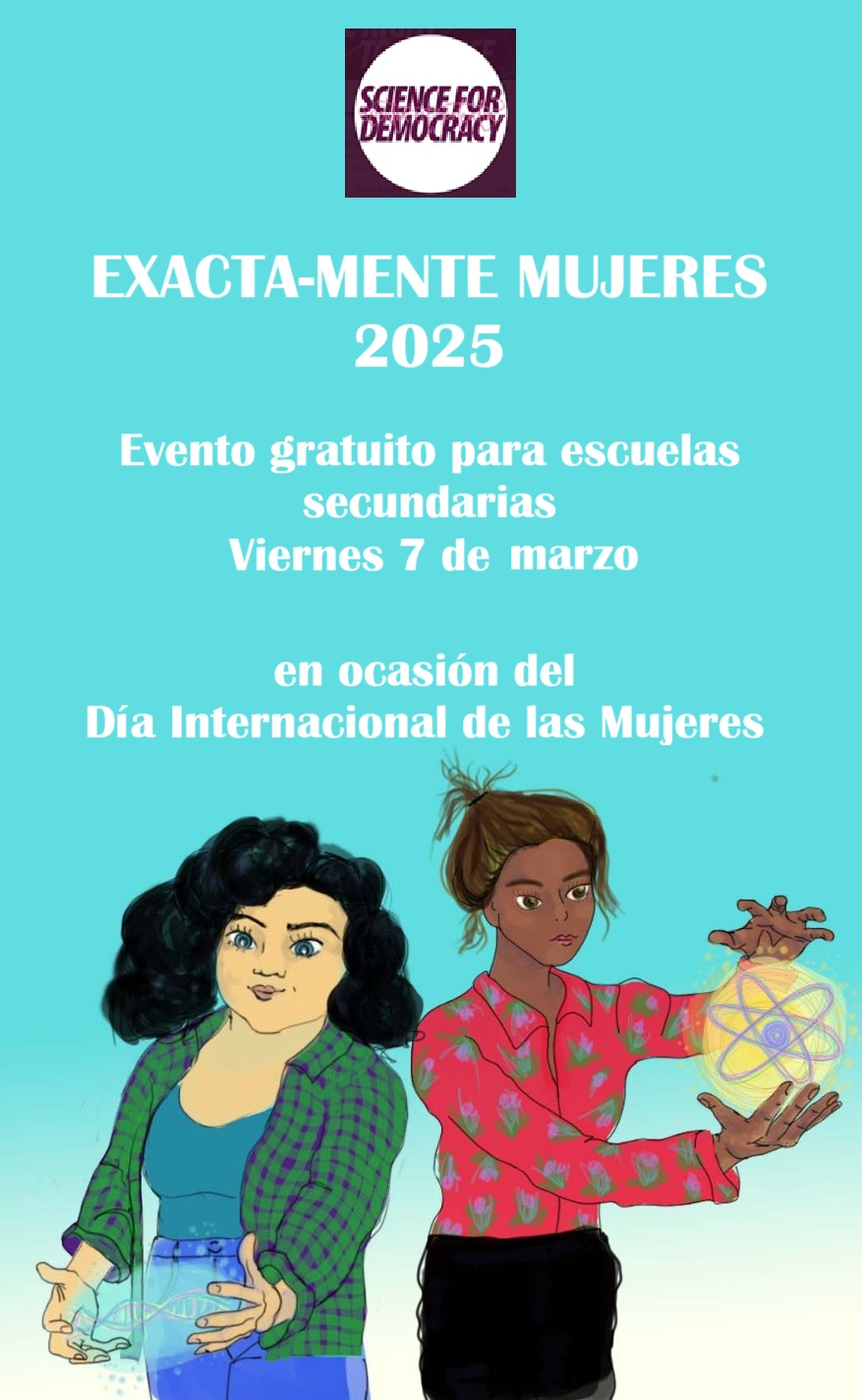
At Science for Democracy, we recognize that in order for everyone to benefit from progress in science and its applications (one of the concrete rights under the Right to Science), people must have universal, reliable, effective, and affordable access to sexual and reproductive medicine and treatments. Being in control of one’s sexual and reproductive health is more than health care, it is also a crucial element of self-determination. Globally, there is a widespread trend towards recognizing this vital right and liberalizing abortion laws. However, four countries have gone in the opposite direction, making their laws more restrictive: Nicaragua, El Salvador, Poland, and most recently: the United States of America. Some of these now join the over twenty countries that have total abortion bans.
The rhetoric used in far-right governments to implement these bans and restrictive laws is rooted in religion, misogyny, and misinformation. A common “complaint” by these politicians and adversaries is that abortion is used by “irresponsible” women and girls to terminate unwanted and accidental pregnancies, putting the blame on women when every pregnancy is equally caused by a man, and sometimes against the women’s will in cases of rape. What this rhetoric also tends to ignore, is how many wanted and intentional pregnancies are affected by abortion.
If it was possible to prevent every unwanted pregnancy (which can only be done with comprehensive sexual education, free contraception, and accessible healthcare), abortions would still exist. Pregnancy on its own is volatile and dangerous. Twenty percent of pregnancies end in miscarriage (medically known as spontaneous abortion), and recent research puts this number closer to 30%.1 Following a miscarriage, or spontaneous abortion, a surgical abortion (typically a dilation and curettage, or D&C) is frequently needed to ensure that all the fetal tissue has been removed from the body. Otherwise, the pregnant person can go into shock and sepsis, which can be fatal. Countless women living in abortion-restrictive countries have died because their wanted pregnancies miscarried and doctors could not perform their jobs to save them, for fear of losing their medical licenses or being criminally charged and imprisoned (violating the physician’s right to take part in the conduct of scientific affairs in the process).
This happened in Ireland with Savita Halappanavar, whose death from a miscarriage caused such widespread outrage that the government overturned their centuries long abortion ban. Since Poland banned abortion in 2021, multiple women have died completely preventable deaths, caused by the country’s strict abortion ban.
In the United States, following the overturning of Roe v. Wade, the pivotal legislation that legalized abortion in the country, several women have died because they were denied healthcare to treat a miscarriage, including married 28 year old mother Josseli Barnica.
On the same day that Roe v. Wade was overturned, an American woman in Malta, which has a total abortion ban, had to be airlifted to Spain to receive a life-saving abortion after she suffered a partial miscarriage on a wanted pregnancy and the Maltese doctors were unable to remove the rest of the fetus to prevent infection. Fortunately she survived, and has sued Malta in the European Court of Human Rights.
Abortion bans do not only affect the pregnant person and their children, spouse, parents, siblings, and friends, but also infants. In countries and states with abortion bans, infant mortality rates have also risen.2,3 The right-wing fight to “protect babies” is causing more infants to die, as well as causing more women who would want children to become infertile because of complications from waiting too long to administer abortion treatments and care.
These stories and countless others prove that it is impossible to criminalize or police abortion in a way that only impacts unplanned, unwanted pregnancies. Everyone should be entitled to an abortion, irrelevant of the reasoning, and women are being hurt and killed or left infertile or with other chronic illnesses because of these dangerous policies. In 2019, the United Nations Committee Against Torture declared that denying access to abortion can cause physical, mental, and emotional suffering constituting torture.
This is what happens when medicine, health, and science become politicized. This is what happens when people with no medical training and knowledge about women’s health and bodies get to make medical and scientific decisions and laws. We urge all governments around the world to recognize the innate right all people hold to benefit from and enjoy scientific progress, bodily autonomy, and self-determination. In Europe, the My Voice, My Choice campaign is working hard to make abortion legal on the continent and prevent more European countries from rolling back legal abortion. You can sign their petition here: https://eci.ec.europa.eu/044/public/#/screen/home
Register for our upcoming webinar on reproductive rights and the right to science here.
References:
Cover photo: Matt Hrkac
1. https://pubmed.ncbi.nlm.nih.gov/30422585/
2. https://notesfrompoland.com/2022/08/23/infant-mortality-rate-increases-in-poland-after-near-total-abortion-ban/
3. https://publichealth.jhu.edu/2025/two-new-studies-provide-broadest-evidence-to-date-of-unequal-impacts-of-abortion-bans



